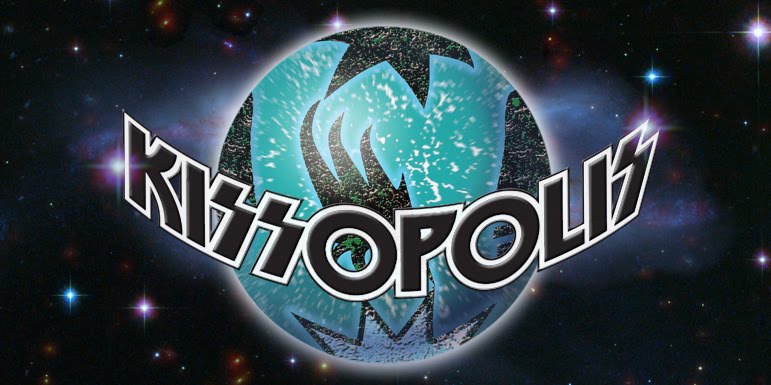By BRIAN MCCOLLUM
Paul Stanley of Kiss agreed to make “Sonic Boom” because “I didn’t want to make a retro album. What I wanted to capture was the spirit and fire that is Kiss today.”
JILL TOYOSHIBA
Paul Stanley of Kiss agreed to make “Sonic Boom” because “I didn’t want to make a retro album. What I wanted to capture was the spirit and fire that is Kiss today.”
Kiss’ first album in 11 years, “Sonic Boom,” comes out today.
In late September, the band launched its latest North American tour with guitarist Tommy Thayer and drummer Eric Singer joining founders Paul Stanley and Gene Simmons, guitarist Tommy Thayer and drummer Eric Singer.
Stanley, who produced “Sonic Boom,” talks about young fans, the classic Kiss sound and whether the reunion with original drummer Peter Criss and guitarist Ace Frehley in the late ’90s was a good idea.
Q. You’ve said that Kiss continues to draw young fans into the fold. What’s the allure?
A. At this point, with the legend of Kiss, there really is a sense of a band that has always delivered 100 percent and tried to deliver more. And there’s a young audience that has heard about us and wants to see if that’s true. They find out — deafeningly and blindingly — that it is. I think it’s timeless. The members of Kiss, the iconic figures, are timeless. And that’s intriguing.
“Sonic Boom” is being billed as a return to a classic Kiss sound. What was the mindset going in?
The only way an album was of interest to me was if I produced it and steered it in a way to make the kind of album we were capable of making. Otherwise, there was no reason to do it. So yeah, it was a conscious decision to capture what the band is.
Did you take lessons — good or bad — from “Psycho Circus” in ’98?
What I learned is you can’t make an album without a band. It was a valiant attempt at making an album where people are having lawyers phone in instead of being in the studio.
You can’t work when people have a distorted sense of their capabilities or ... I guess a view of where they are in the big picture. Or when you have people insisting on quotas about having a certain amount of songs on the album. You can’t make an album when people are more concerned with furthering themselves than furthering the band.
Names and details?
I think we had people who were delusional about their songwriting abilities and musical abilities. There was an unfortunate carryover of bad habits that people had sworn they would never do again.
It’s strange when people come back to a band nothing but grateful, with promises they’ve learned from their mistakes, and as soon as they have money in their pocket, quickly develop amnesia.
Are you still glad you did the reunion?
Totally. Totally. It was magical at the beginning. But ultimately, the only magic I wanted was to make certain people disappear. And that was a shame. It had the potential to be much more than just a reunion tour. But it quickly became clear that it couldn’t progress. It was an opportunity for people to hone their skills and take the band to another level. But I guess that was left to Tommy, Eric, Gene and me.
I don’t want to burst anybody’s bubble, but the truth is, it became tough very quickly because people lost sight of the goal. And that’s not the spirit the reunion tour started with.
The reason we did a farewell tour is because it just wasn’t possible to continue. Certainly, it wasn’t fun. Nothing’s worth doing if it’s not fun. What I learned toward the end of the farewell was I didn’t want to say farewell to Kiss. I wanted to say farewell to some of the members. (Laughs) And luckily, fans overwhelmingly didn’t want the band to end.

